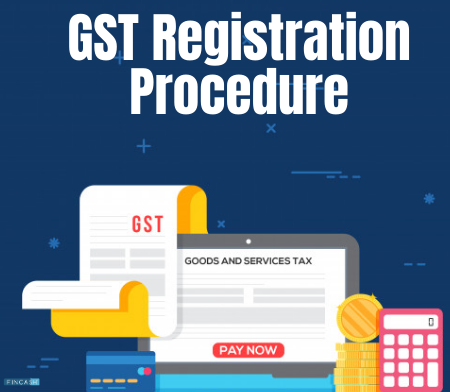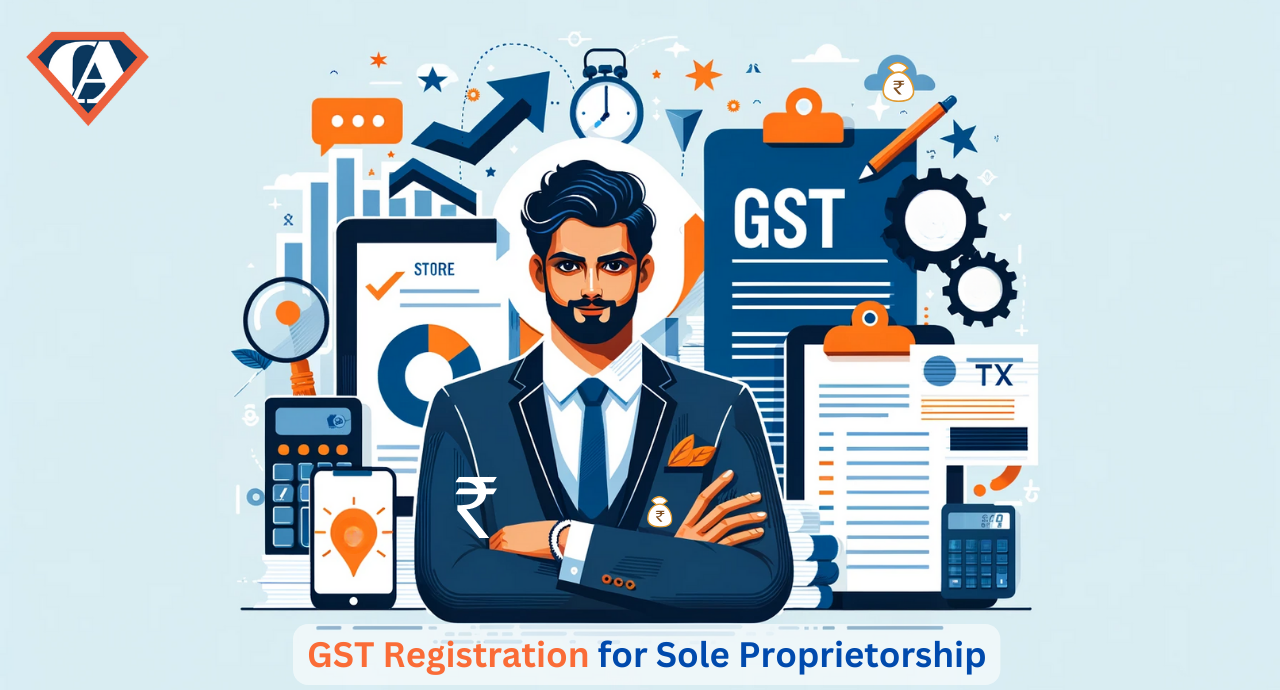Optimize Your Cost Savings with the very best GST Registration Services in Singapore
Optimize Your Cost Savings with the very best GST Registration Services in Singapore
Blog Article
From Start to Complete: The Ultimate Roadmap to GST Registration for Businesses Looking For Financial Security
Navigating the complexities of Item and Provider Tax (GST) enrollment is a critical action for companies pursuing financial stability. From comprehending the basic principles of GST to following post-registration guidelines, the process can appear discouraging in the beginning look. Breaking down the roadmap right into manageable steps can streamline the enrollment trip for services looking to improve their financial standing. Let's explore the important elements that comprise this utmost roadmap and find how each stage adds to laying a solid structure for financial success.
Understanding GST Fundamentals
Digging into the fundamental concepts of Goods and Solutions Tax (GST) is vital for gaining a thorough understanding of its effects on companies and the economic situation. Input Tax Obligation Credit Scores (ITC) is a considerable feature of GST, permitting companies to declare debt for taxes paid on inputs, minimizing the total tax obligation burden. Comprehending the basics of GST is critical for companies to abide with tax regulations, manage their finances successfully, and contribute to the country's economic growth by participating in a transparent tax system.
Qualification Requirements for Enrollment
As of the existing policies, the threshold limitation for GST enrollment is a yearly accumulation turnover of 40 lakhs for businesses running within a state, other than for unique classification states where the limit is 20 lakhs. Furthermore, particular services are needed to sign up for GST irrespective of their turnover, such as interstate distributors, laid-back taxed persons, and services accountable to pay tax obligation under the reverse fee system. It is crucial for companies to thoroughly assess their turn over and purchase types to determine their GST enrollment obligations precisely.
Records Required for Enrollment
Having actually satisfied the qualification requirements for GST enrollment, services should currently ensure they have the requisite records in area to continue with the registration procedure successfully. The records needed for GST enrollment commonly consist of evidence of service constitution, such as collaboration action, registration certificate, or consolidation certificate for various types of organizations. In addition, services require to offer records developing the primary area of company, such as a rental arrangement or power expense.
Step-by-Step Enrollment Process
Beginning the GST registration process includes a series of organized steps to make sure a smooth and certified enrollment for businesses. The very first step is to visit the GST site and complete the registration type with accurate details of business entity. Following this, the candidate obtains a Short-term Referral Number (TRN) which is used to resume the application process if it's not completed in one go.
Next, all needed papers based on the checklist offered his comment is here by the GST portal requirement to be published. These files typically consist of proof of service address, enrollment and identity proofs of marketers, financial statements, and service entity's frying pan card.

Post-Registration Conformity Guidelines

Verdict
Finally, organizations seeking economic security should understand the basics of GST, meet qualification requirements, gather needed papers, adhere to the step-by-step registration process, and abide by post-registration standards - Best GST registration services in Singapore. By adhering to these steps, companies can make certain compliance with tax obligation guidelines and maintain economic security in the future
Additionally, specific organizations are called for to register for GST regardless of their turn over, such as interstate suppliers, casual taxable individuals, and companies liable to pay tax under the reverse charge system.Having actually satisfied the eligibility requirements for GST registration, services need to now ensure they have the requisite files in location to proceed with the registration process efficiently. The documents needed for GST enrollment normally consist of evidence of business constitution, such as collaboration deed, registration certification, or incorporation certificate for different types of companies. Additionally, organizations require to supply papers developing the primary location of business, such as a rental agreement or power expense.Beginning the GST enrollment process includes a series of organized actions to make sure a certified and smooth registration for businesses.
Report this page